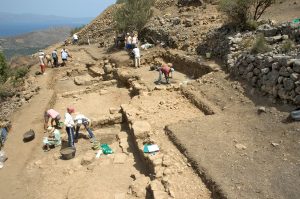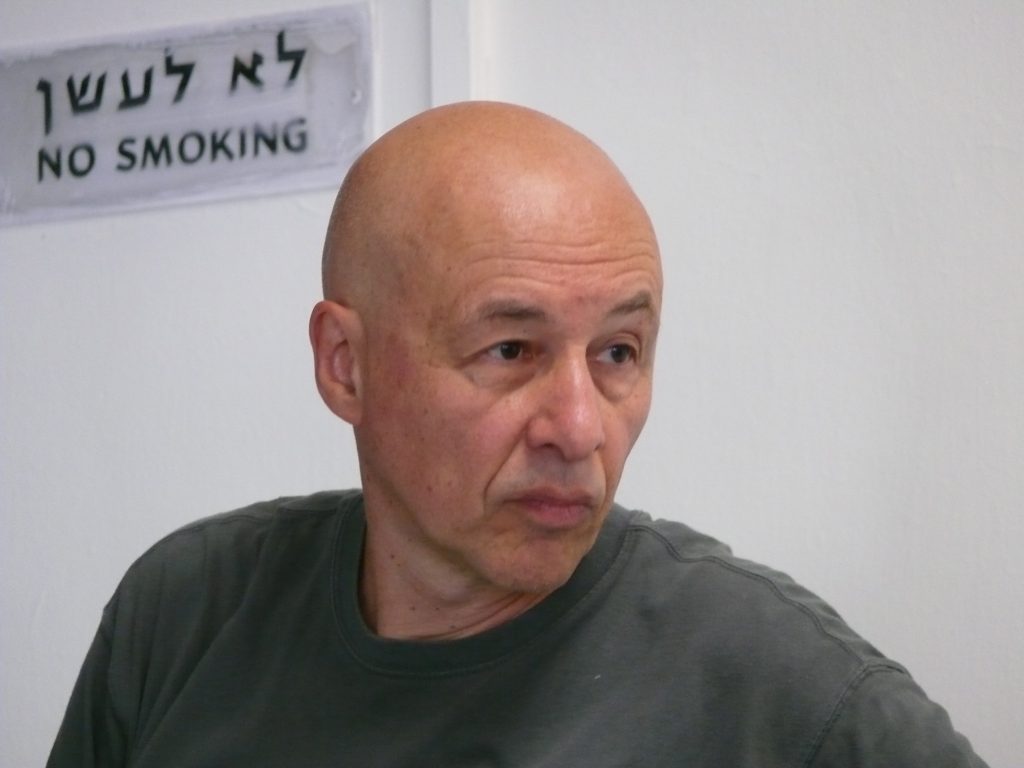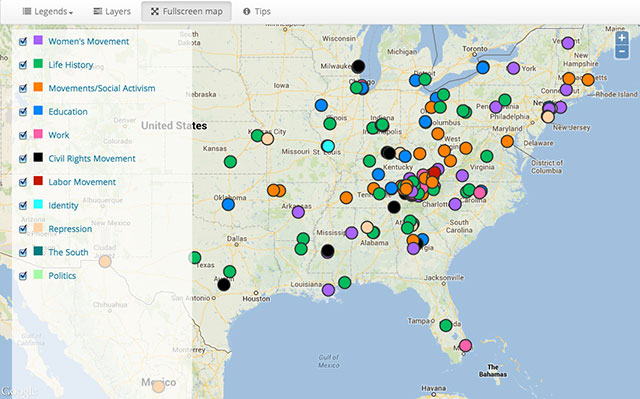
Donald Haggis, professor of classical archaeology and the Nicholas A. Cassas Term Professor of Greek Studies in the department of classics, was awarded a $200,000 grant from the Stavros Niarchos Foundation. The award will support ongoing archaeological excavations at Azoria, an early Greek city located on the island of Crete.
The Azoria Project, begun in 2002, is a 20-year field research project of UNC-Chapel Hill that examines urbanization and the changing sociopolitical and economic organization of an emergent urban community in the transition from the Early Iron Age (1200-700 B.C.) to Archaic periods (700-600 B.C.). The goals of fieldwork are to explore the political economy of an ancient Greek city and the formative stages of urbanization and city-state formation.
Haggis re-opened excavations in the summer of 2013 and will return this summer to the site to work with an international team of researchers from a variety of disciplines. The project provides field training annually for some 10 graduate students and 40 undergraduates from UNC, Duke and other universities across North America and Europe.
The project’s ongoing commitment to international education, vertical integration of research and teaching, sustainable heritage management, and public outreach, engagement and experiential education were considerations of the Niarchos Foundation’s recent award. The foundation supports organizations and projects that exhibit strong leadership and sound management and are expected to achieve a broad, lasting and positive social impact.
The collaborative research in the Azoria Project brings together faculty and students from various disciplines across the College of Arts and Sciences and the Triangle — including the UNC departments of classics and anthropology, the curriculum in archaeology and the Research Laboratories of Archaeology, and the Duke-UNC Consortium for Classical and Mediterranean Archaeology.




